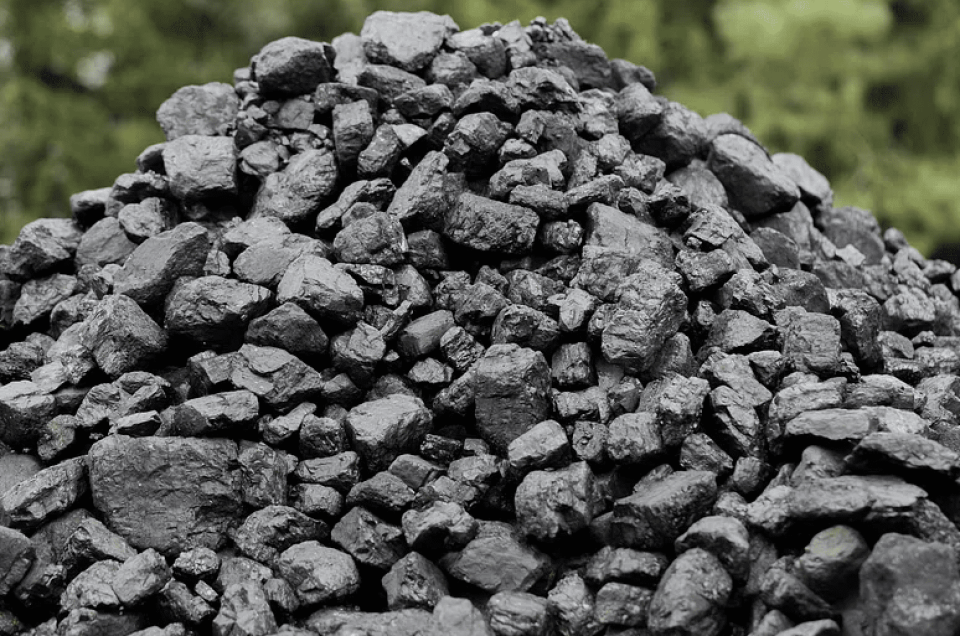Price Swings Mean Coal May Replace Natural Gas in European Power Mix This Winter

Higher prices for natural gas across Europe mean some countries, particularly in Eastern Europe, likely will burn more coal for power generation during the upcoming winter season. Coal remains a large part of the energy mix in Germany—the largest energy consumer in Europe—as well as other countries such as Poland, Bulgaria, the Czech Republic, Romania, and Greece. Several European countries, including Portugal, France, Italy, and the UK, have already phased out coal-fired plants or have limited capacity for coal-to-gas switching. Natural gas prices in Europe were at a three-year low in February, but have since increased by about 40%. Operators in the European Union (EU) who burn coal have to account for a greater cost of EU carbon permits to offset emissions, and LSEG Data & Analytics, a New York- and London-headquartered group that tracks financial market data, has said a carbon price below 80 euros ($87) per metric ton in the first quarter of 2025 would be needed for modern coal-fired plants to replace gas-fired power generation with 50% efficiency. The current carbon price is about 68 euros ($74) per metric ton, which is far lower than last year's record high above 100 euros ($108). Petter Norby, a power analyst at LSEG, told Reuters news service, "We can expect many low- and medium-efficiency gas plants to be replaced by high- and medium-efficiency coal plants this winter, starting from November." Research by POWER shows that prices for coal have been lower this year for several reasons, including high stockpiles of the fuel, and a slower market, due to more generation from renewable energy resources and natural gas. The U.S. Energy Information Administration in its most recent quarterly report said U.S. consumption of coal is down 1.5% year-over-year, while stockpiles of coal increased by 2.3% in the first quarter of 2024 compared to 4Q2023. European gas prices have increased due to a tightening of global supplies of liquefied natural gas. The natural gas supply across Europe also has been impacted by outages during periods of maintenance on pipelines in Norway, which is the largest exporter of natural gas to Europe. The country moves gas across subsea pipelines to countries including Germany and the UK. —Darrell Proctor is a senior associate editor for POWER (@POWERmagazine).